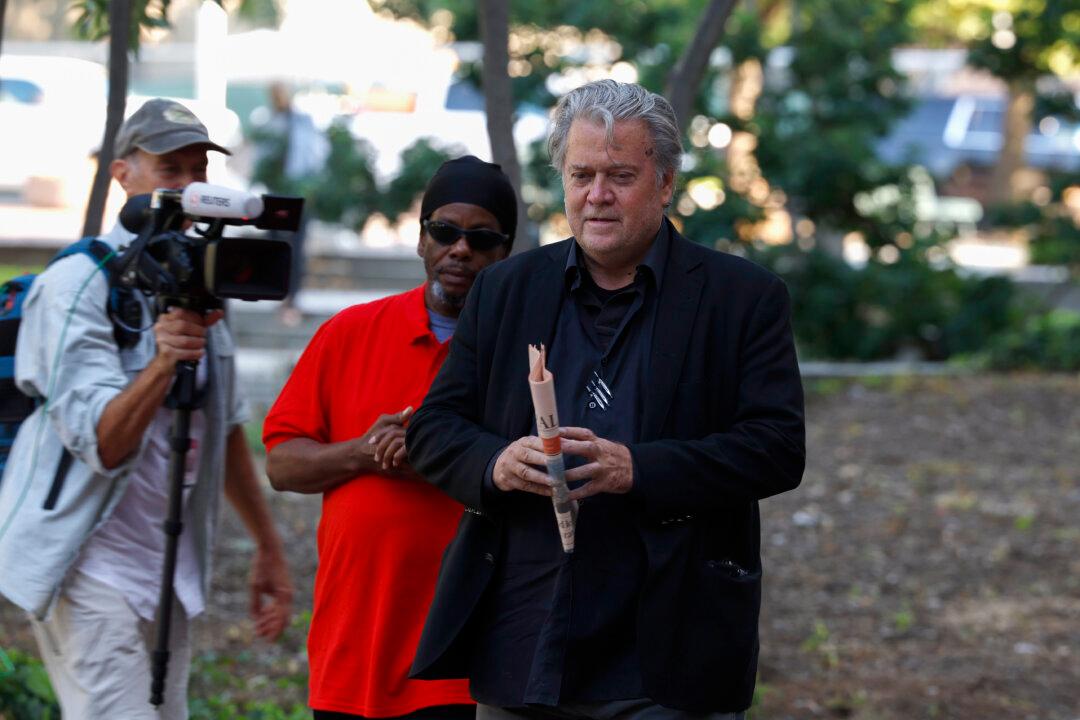WASHINGTON—A prosecution witness in the case against former White House aide Steve Bannon acknowledged on the stand on July 20 that she has known one of the prosecutors for some time.
The witness, Kristen Amerling, said she and one of the prosecutors “overlapped” on the House Oversight Committee while it was under the leadership of former Rep. Henry Waxman (D-Calif.).






